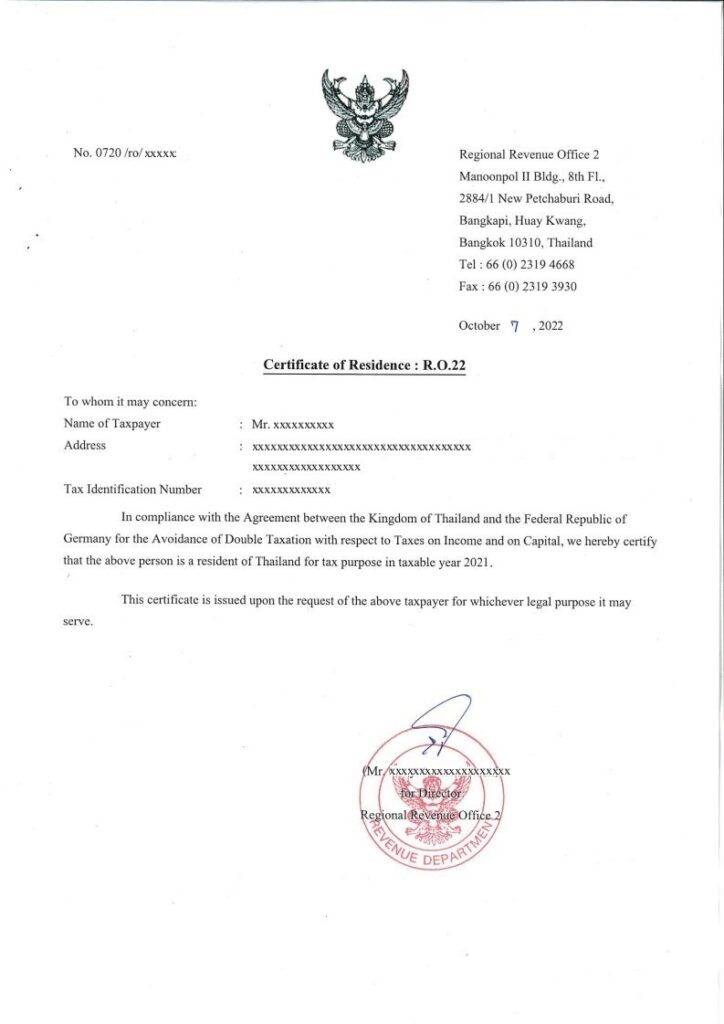
The Thai Social Security Fund is the government-administered fund by the Social Security Office which provides social security coverage to the insured persons with source of fund coming from employers, employees and the government. The SSF covers only non-work-related contingencies with benefits covering medical care, sickness, maternity, invalidity, death, old age, child allowance and unemployment.
Hence, when a company in Thailand starts hiring 1 or more employees, it has to register the employees in the system and submit the social security fund to the Social Security Office within 30 days from the first day of employment. The employer or an authorized person can submit the Registration Forms as follows:
- The Employer/Company Registration Form (SSO 1-01)
- The Employee/Insured Person Registration Form (SSO 1-03)
For the case of Burmese employees, they must obtain the work permit first before the company can register them in the system. However, if a Burmese has been employed by the company as a director or in case he/she holds a different job position but at the same time, he/she is a shareholder of the company, he/she is not required to be in the Social Security Fund system because he/she is considered as an owner of the company.
The company should also note that when an employee resigns or has had his/her employment contract terminated, the company must notify the SSO that the said employee is no longer employed within 15 days of the following month. The form to submit is the Notification Form for the Cessation of Being an Insured Person (SSO 6-09)
Moreover, when an employee changes his/her given name or family name or any other information pertaining to his/her family status, or the number of children of the said employee’s family, the company must notify the SSO these changes within 15 days of the following month using the form for making notifying of Changes of Employee Information (SSO 6-10).
Thai Lawyers can help register the Myanmar companies and its employees into the Social Security Fund system. We also process work permit & visa applications for Burmese employees before we register them with SSO. Contact us now for more information and expert advice.










